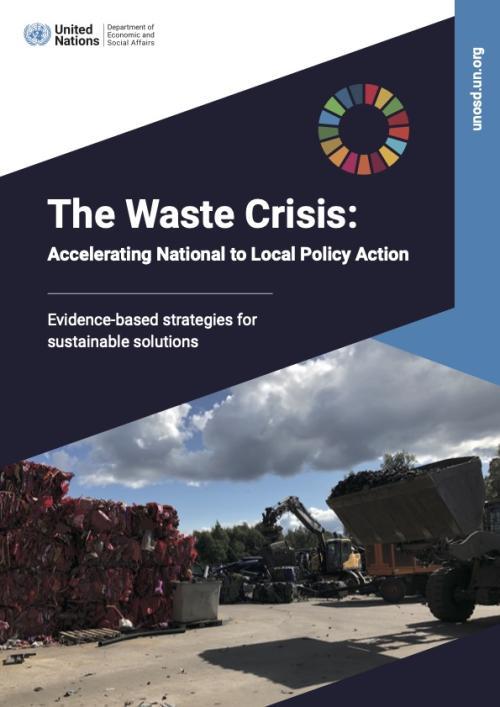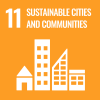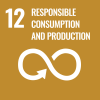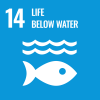Growing levels of waste and pollution are jeopardizing our ecosystems and affecting human health globally. In 2022, UN Member States agreed on a resolution to create a legally binding agreement by 2024 to end plastic pollution, while also adopting a resolution proclaiming 30 March as the International Day of Zero Waste. With an urgent call-to-action voiced by Member States during the first High-Level Meeting of the UN General Assembly on Zero Waste held on 30 March 2023, the international community recognized the pressing need to address the escalating crisis of poor and inadequate waste management that is affecting the health of people, ecosystems, and economies.
With 2 billion tons of municipal solid waste generated annually and projections indicating a potential doubling of this figure by 2050, the severity of the pollution crisis cannot be overstated. Stressing the necessity for immediate and concerted action, the United Nations can support Member States in developing comprehensive strategies to combat waste on multiple fronts given challenges and opportunities for ensuring sustainable waste management.
In this context, the United Nations Office for Sustainable Development (UNOSD), under the Division for Sustainable Development Goals of the United Nations Department for Economic and Social Affairs (UN DESA), is leading a policy support initiative for UN Member States to strengthen evidence-based policymaking, data, capacity and governance systems for integrated solid waste management and resource circularity. As a key step in orienting policy support, this report assesses the current and future state for solid waste management from national to local level. The report addresses the interlinkages between our current global production and consumption systems, which has led to a waste crisis requiring renewed attention on sustainable waste management policy and practice. The report also reviews current sustainable waste management policies and explores future policy scenarios to accelerate progress toward the Sustainable Development Goals (SDGs) and a zero-waste future.
 Welcome to the United Nations
Welcome to the United Nations



